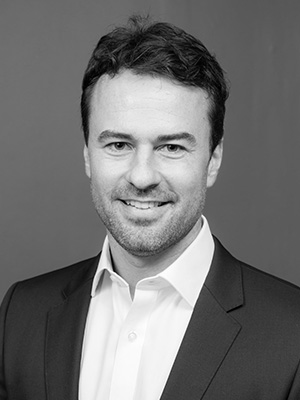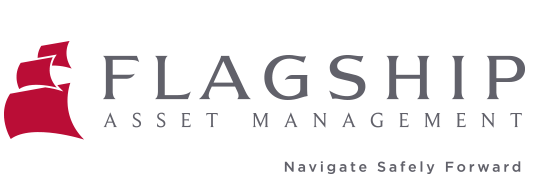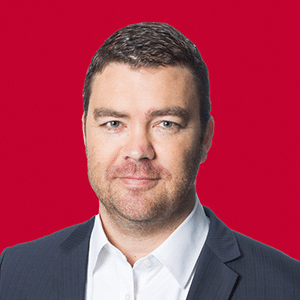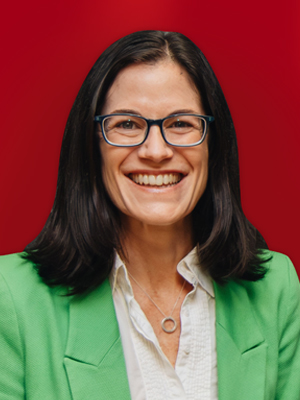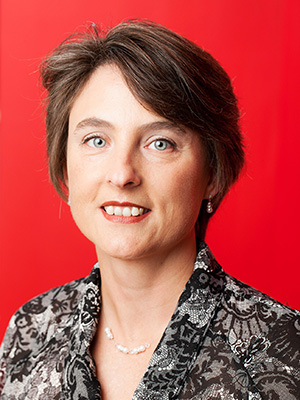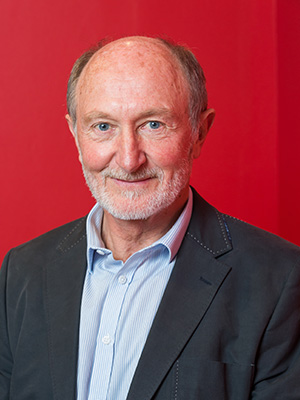
06 Dec Equities and Vaccine Optimism
By Pieter Hundersmarck
A cautionary tale about the vaccine-optimism priced into global stock markets
The positive news about COVID-19 vaccines has sent stock markets to new highs from already elevated levels. But upbeat investors may be getting ahead of themselves because there are many uncertainties and risks that could dent investor optimism and result in sharp selloffs.
Pieter Hundersmarck, fund manager at global specialist boutique Flagship Asset Management based in Constantia, believes that there is cause for caution.
He sees the most significant risk facing investors at these lofty equity market levels is the unwinding of the risk-on rally, which has seen the prices of equities rise to the extent they have. The S&P (as at 2 Dec 2020) was up 14% year to date and the tech-heavy Nasdaq up 37.2%. During November the MSCI World Index gained almost 13% and the MSCI Emerging Markets 9.2%.
One sign of how expensive global equities have become is the cyclically adjusted price-earnings (CAPE) ratio, which has recently reached the same level it was at the day before the 1929 Great Crash. CAPE is considered a realistic measure of equity market valuations because it smooths out economic cycles by comparing share prices to the average inflation-adjusted earnings over the previous 10 years.
Though valuations are undoubtedly at historical highs, Hundesmarck believes there is a convincing argument in favour of notably higher valuations, namely ultra-low interest rates and the associated TINA (“There Is No Alternative” to equities). Within the global equities universe, he maintains that selected opportunities remain attractive. Year to date, the businesses that have contributed most to the rally are those that have emerged stronger due to the pandemic, namely software, IT and internet-related counters. Those that have suffered most from the pandemic have, for the most part, returned to pre-pandemic levels.
Hundersmarck says: “There is no question that the development of a vaccine is good news, and it is appropriate that markets, which price ahead, should respond positively.” At this stage, three potential vaccines have shown to be effective to varying degrees. The Oxford/AstraZeneca vaccine holds the most promise because it can be stored at higher temperatures and will be less expensive but, unfortunately, its efficacy is currently being questioned.
The UK surprised the financial markets last week with the news it has granted emergency approval to roll out the Pfizer/BioNtech vaccine this week. The US Federal Drug Administration is being more cautious and is only expected to approve the vaccine by mid-December. Hundersmarck notes that it will take a while before any vaccine is distributed widely and there is a real risk that fiscal stimulus measures are withdrawn in the interim in some countries, weighing on economic growth.
Other material risks that could result in equity market setbacks over the next year include not meeting an ambitious timeline, with vaccines expected to become available for the general public by mid next year and localised herd immunity achieved in early 2022.
Potential disappointments also lie in the assumption that uptake of the vaccine will be sufficient to result in herd immunity. Pew Research has found that two-in-ten survey respondents are ‘pretty certain’ they won’t take the vaccine. Unanticipated and severe side effects could also upset investor confidence.
Given these uncertainties and risks, Flagship Asset Management has come up with three possible scenarios: most likely, best-case and worst-case. Hundersmarck details these below:
Most likely: The vaccine roll-out happens according to the anticipated timeline; fiscal stimulus gets rolled back in certain places, but not others and European lockdowns ease. Share markets decline slightly off current highs as the earnings recovery marginally undershoots expectations in 2021. Equities deliver mid-to-high single-digit negative returns for the year.
Best-case: As above, but earnings slightly exceed expectations. This drives equity returns to bubble territory (think early stages of the dot-com bubble) due to the further rotation of institutional money into equities as investors look for higher returns. Retail investors continue to dive into equities on the back of animal spirits and fear of missing out.
Worst-case: Further outbreak waves occur into the new year, meaning the easing of lockdowns are delayed. Vaccine roll-outs are delayed, meaning only the developed world participates in post-Covid recovery. As earnings fail to materialise, multiples lose support and equity markets fall 20% to 30%.
Even in a best-case scenario, with equity markets rally through to the end of the year, Hundersmarck expects developed market equity returns to fall next year. Emerging markets, specifically China, would see the most benefit, according to his outlook. China has handled the pandemic astonishingly well and will have a number of growth drivers behind it over the next five years, including large infrastructure investments. The UK could also experience a positive year if there is any resolution in terms of Brexit. “In a risk-on scenario, it is always the riskiest markets and asset classes that perform the best,” he notes. Hundersmarck expects developed market stocks to deliver a return of -1 to -9%. Chinese equities to return 10%-plus returns and other emerging markets to deliver 5% ahead of developed markets.
Hundersmarck recommends viewing emerging markets as consisting of two distinct camps. The first camp consists of China, which is expected to grow this year and achieve brisk economic growth next year. In this event, the gap between Chinese stocks and US equivalent valuations will continue to narrow, as the Chinese “risk-premium” reduces.
The second camp consists of all the other emerging markets, like Brazil, Russia, India and even South Africa. This camp mostly consists of resource-dependent economies. The spillover effect of strong Chinese growth is likely to be less pronounced than in the past due to China entering the less resource-dependent stage of its economic development.
Political risk in most of these countries will remain at elevated levels. Hundersmarck would expect this group of economies to marginally outperform developed economies in a base/best case scenario but not to the extent that the valuation gap relative to historic levels implies.
Hundersmarck cautions that de-ratings could be sudden if any of the vaccine-related risks materialise or growth expectations undershoot expectations. This underpins the need for active management as there are always stock-specific opportunities even when markets as a whole appear overvalued, meaning you should have exposure to “alpha”, returns in excess of those that the equity market delivers, not “beta”, returns in line with the market. ENDS
About Flagship Asset Management: Established in 2001 and 100% owner managed, Flagship Asset Management offers three global strategies: Global Flexible, Global Fund of Funds and Global Equity. The longest running strategies have delivered between 12% and 14% per annum for nearly two decades. All funds are invested 100% offshore and can be accessed domestically in rands or internationally in dollars. Funds are actively managed to provide investors exposure to high conviction portfolios of quality stocks with attractive upside potential versus their risk profiles.
About Pieter Hundersmarck:
Pieter is a fund manager and member of Flagship’s global investments team.
Pieter has been investing internationally for over 13 years. Prior to Flagship, he worked at Coronation Fund Managers for 10 years in the Global and Global Emerging Markets teams, and also co-managed a global equities boutique at Old Mutual Investment Group. Pieter holds a BCom (Economics) from Stellenbosch University and an MSc Finance from Nyenrode Universiteit in the Netherlands.
